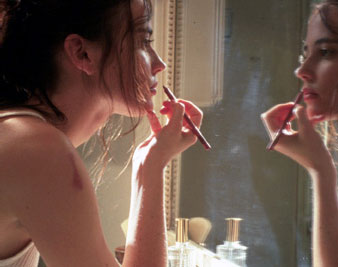France May Ban the Burqa, But Muslims Will Make Do

In light of the French Council of Ministers recent approval of a measure to ban the wearing of full-face veils, Joan Wallach Scott’s discussion of France’s battle against the burqa couldn’t be more timely. In her Big Think interview, the historian and social scientist describes how France’s “head scarf controversy” can be traced back to 1989, when a suburban public school principal forbade his students to come to school wearing headscarves in attempt to further his own political ambitions.
Since France banned the wearing of Muslim headscarves in public schools the country’s more left-leaning citizens, so often touted by Americans for their particular joie de vivre, have been anything but joyful. Wallach Scott, whose book The Politics of the Veil takes an in depth look at the controversy surrounding the burqa, remains torn about whether or not she agrees with the ban. “I certainly don’t think burqas are something that I am comfortable with,” she says, “On the other hand, it seems to me that you can’t separate the French desire to ban this from a kind of underlying racism about Arabs and Muslims.”
It is clear that France’s burqa-bashing is symbolic of the more larger issue of Muslims’ uneasy assimilation into European culture. According to Wallach Scott, the first thing European states should do to deal with the perceived problem of Muslim assimilation is accept the fact that, historically, the Muslims, Arabs, and North Africans who are immigrating to France are not so different than the Jews, who were also once concerned “un-assimilable.” In a series of anecdotes describing the pragmatic and creative ways Muslims are adapting to European culture, Wallach Scott suggests a slow and ongoing process of religious reinterpretation is forcing Muslims to westernize. Whether the burqa will survive as an accoutrement of French-Muslim culture remains to be seen.





